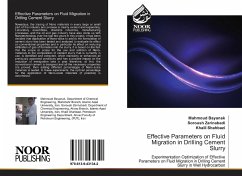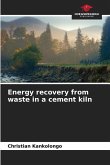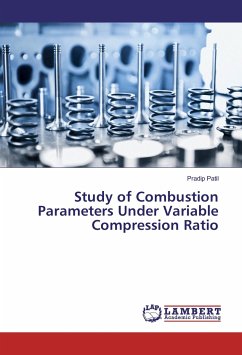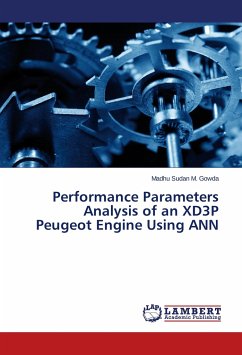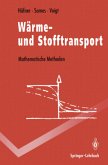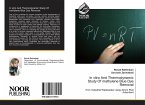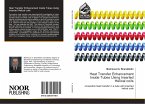Nowadays, the tracing of Nano materials in every large or small part of the industry and process is clearly evident and expanding. Laboratory assemblies, chemical industries, manufacturing processes, and the oil and gas industry have also come up with Nanotechnology over the last few years.In this project, it has been decided that application of Nano-silica to add to the formulation of cement slurry has been tested and analyzed to evaluate its effect on conventional properties and in particular its effect on reducing infiltration of gas of formation into the slurry. It is based on the fact that the scope or scope for the use and addition of Nano-materials to the composition of cement slurry that is currently in use, is identified and extracted, which maintains or enhances all previously approved conditions and has a positive impact on the reduction of immigration take a year therefore, at first, the conventional cement is designed and all the necessary properties are proved, thenadding different percentages of Nano-scale materials is tested. In these experiments, the optimal percentage for the application of Nano-scale materials (if possible) is determined.

